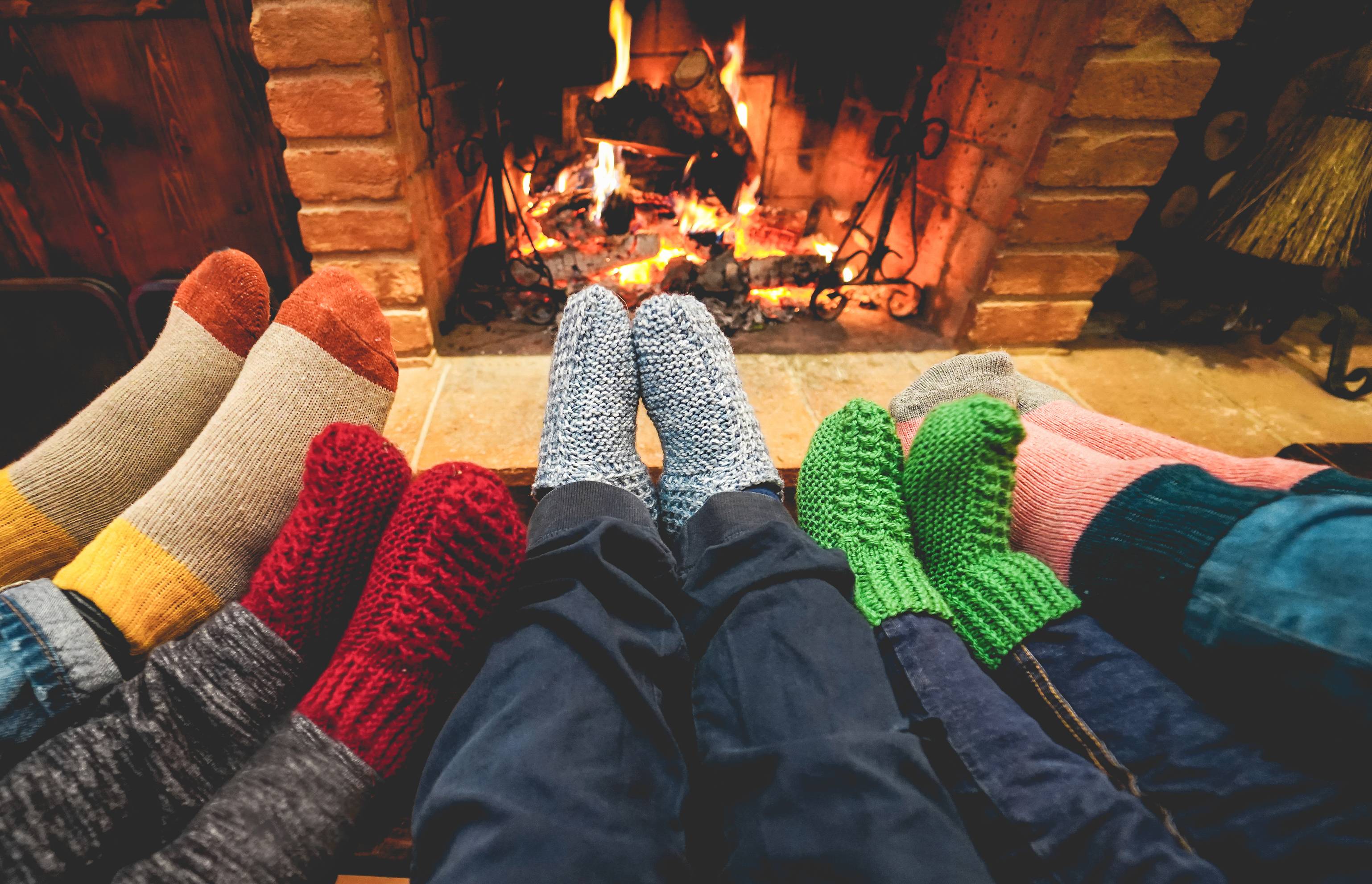As the saying goes, money can’t buy happiness. That certainly seems to be true in 2020 — rates of depression and anxiety are up, even though many households have more cash on hand than usual. Savings rates in the U.S. spiked to a previously unfathomable 34% in April and sat at a still-high 14% in September. Savings in the U.K. have also hit record highs, with households saving 29% of their disposable income.
There must be some way to use this extra cash to brighten our spirits. Even if gyms, cafes, hotels and restaurants aren’t safe. Even if travel is restricted. Even if the best things in life are free. After all, in a pandemic, those free activities — like visiting a house of worship or game nights and dinner parties — can be deadly.
To find out whether it’s realistic to throw money at the problem of coronavirus-induced unhappiness, I called Elizabeth Dunn, a psychology professor at the University of British Columbia and a coauthor of "Happy Money: The Science of Happier Spending.”



















With your current subscription plan you can comment on stories. However, before writing your first comment, please create a display name in the Profile section of your subscriber account page.